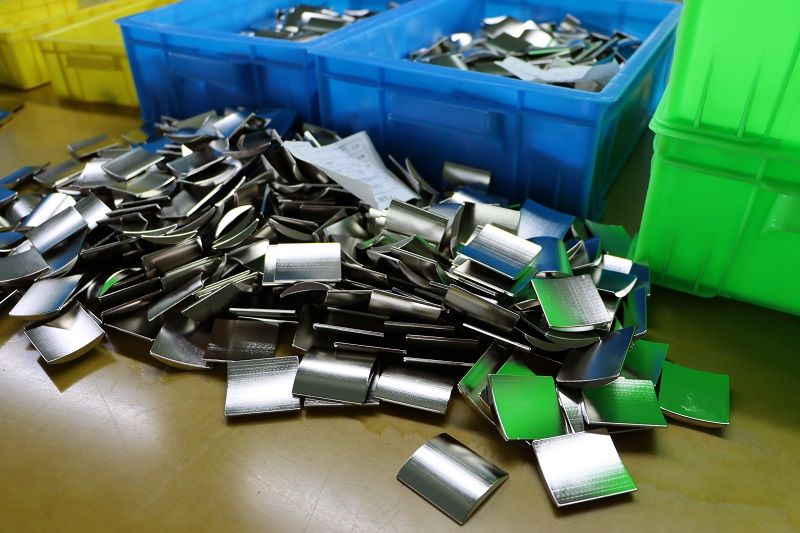
Magnets are a common household item that come in all shapes and sizes. Whether they are used to place notes on the refrigerator or for science experiments, it is important to store magnets correctly to ensure their longevity and effectiveness. In this article, we'll discuss the best ways to store your magnets so that they stay in good condition for the long term.
One of the most important things to consider when storing magnets is their strength. Strong magnets, such as neodymium magnets, can easily attract and stick to each other, causing them to crack or chip. To prevent this from happening, it's best to store strong magnets individually or in pairs, with their poles aligned. This can be done by using plastic or foam spacers to prevent the magnets from touching each other.
Another factor to consider when storing magnets is their susceptibility to demagnetization. Magnets lose their magnetism if they are exposed to high temperatures, strong impacts, or other magnets of opposite polarity. To avoid this, it's important to store your magnets in a cool, dry place away from heat sources and other magnets. Additionally, magnets should be kept away from electronic devices and credit cards, as their magnetic fields can interfere with the functionality of these items.
When storing magnets, it's also important to consider their shape and size. Small, thin magnets can easily be lost or misplaced, so it's best to store them in a designated container or on a magnetic surface. Larger magnets, on the other hand, should be stored in a safe location where they cannot be accidentally knocked over or damaged.
For those who have a large number of magnets, it is best to organize and store them in a way that is easily accessible and visible. This can be done by using magnetic plates, trays or containers to hold the magnets neatly in place. Additionally, labeling magnets with their strength or purpose can help track them and prevent them from being misplaced.
If you have children or pets at home, it is important to store the magnets out of their reach. Swallowing or ingesting magnets can be very dangerous and can cause serious health problems. To prevent this from happening, it's best to store magnets in high, locked cabinets or in rooms that are out of reach of children and pets.
In conclusion, proper storage of magnets is crucial to maintaining their strength and longevity. By considering factors such as strength, demagnetization, shape, and size, you can ensure that your magnets stay in good condition and continue to perform their role effectively. Whether you have a few magnets or a large number, taking the time to store them properly will help keep them safe and functional for years to come.
Post time: Dec-28-2023
